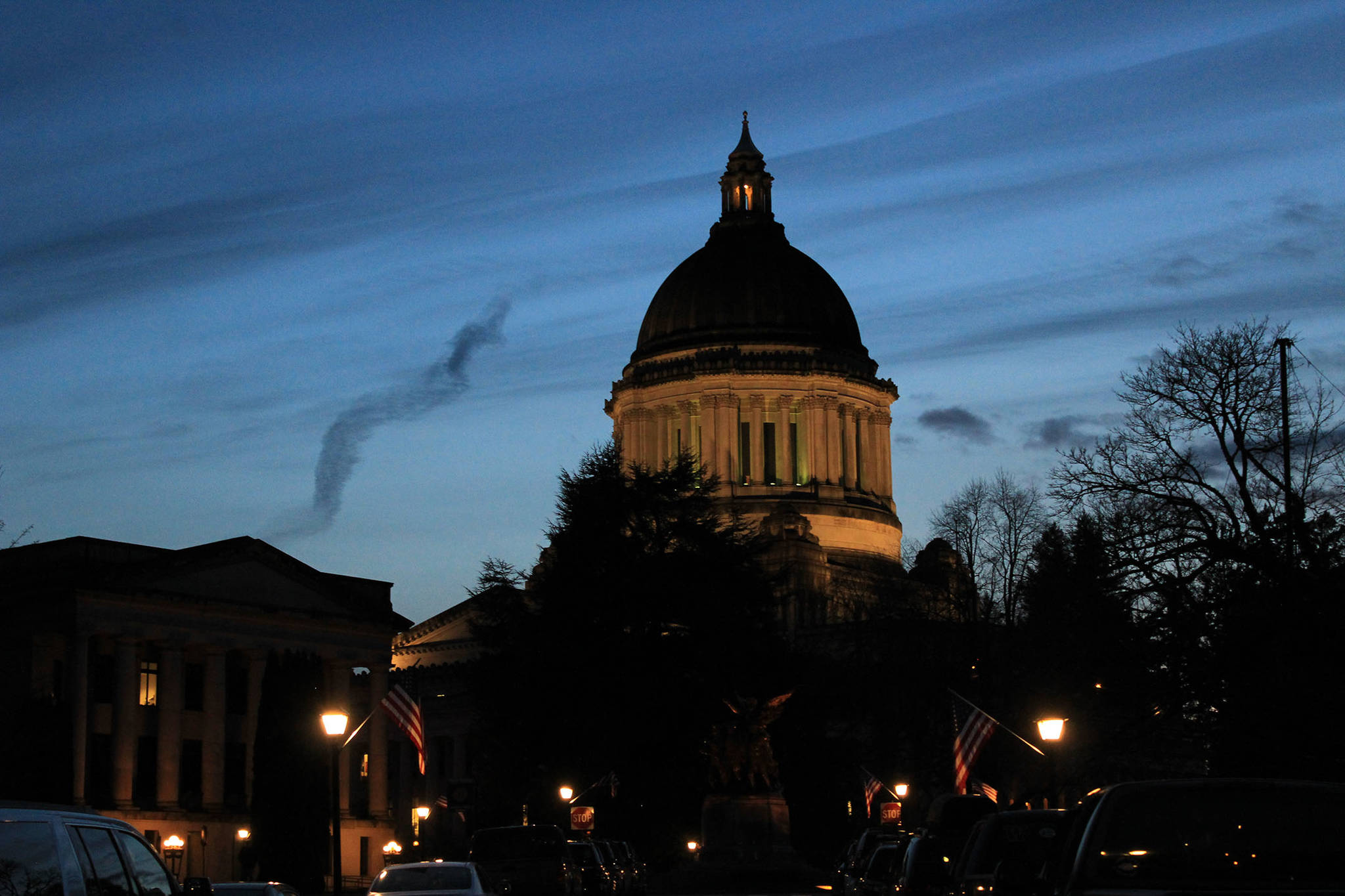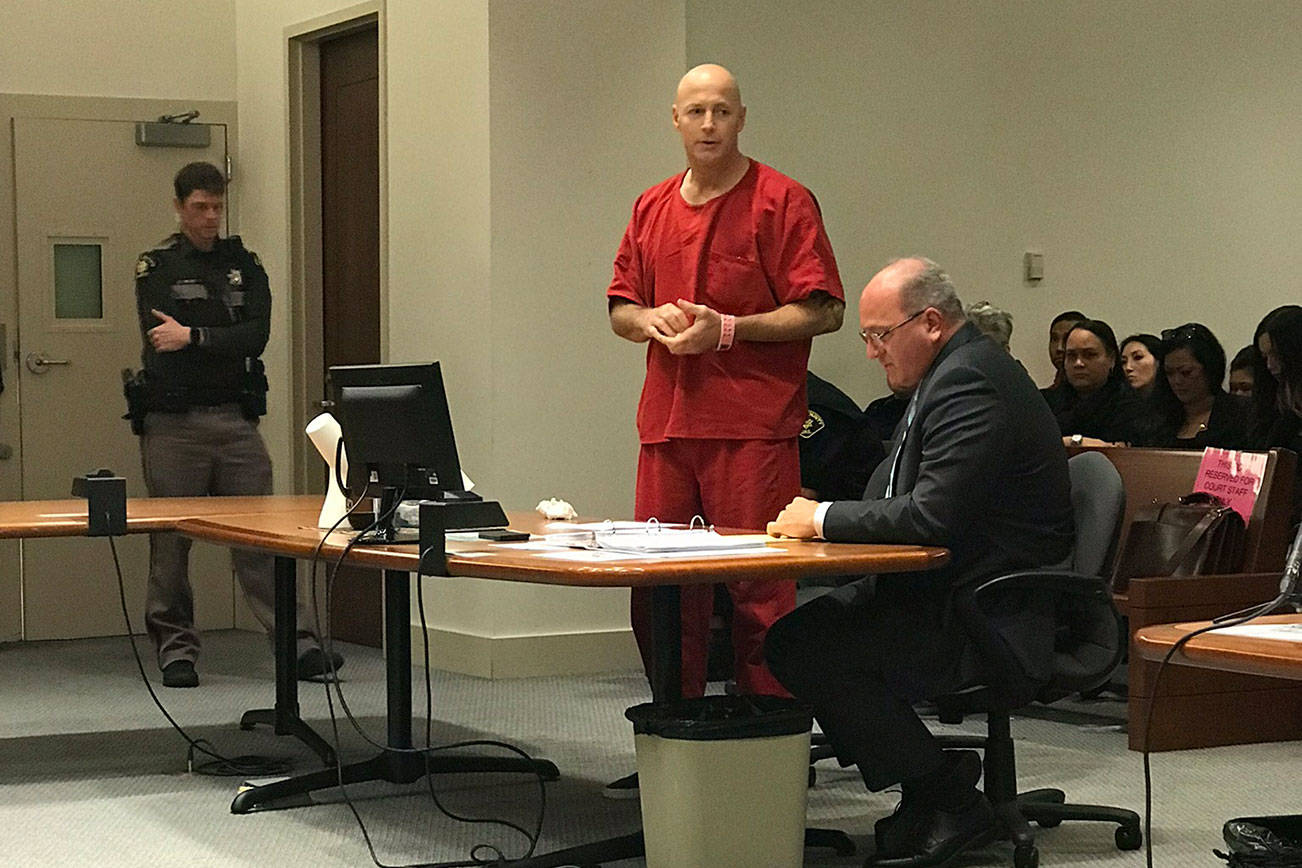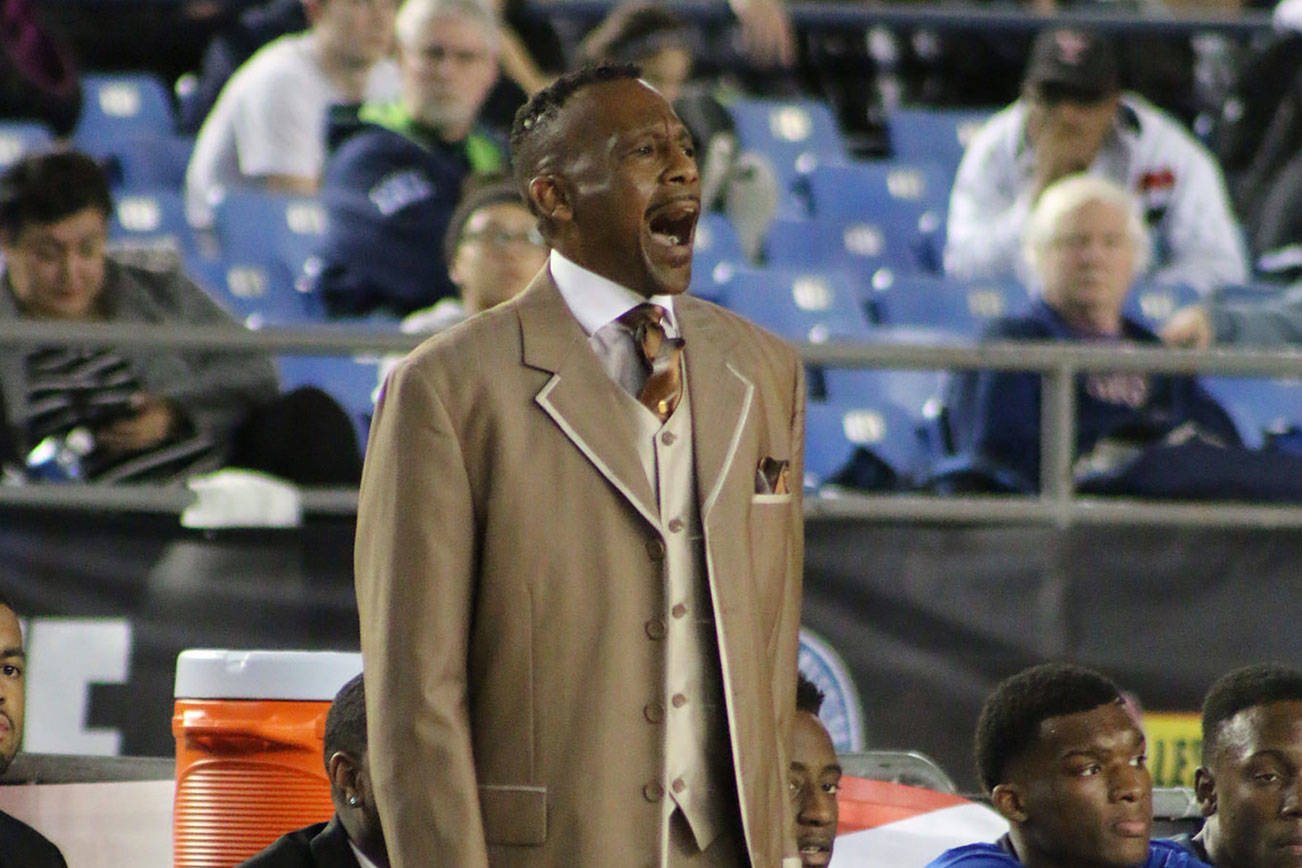In two votes with veto-proof wide margins, state legislators made themselves exempt from public records disclosure laws on Friday, Feb. 23.
The legislation, SB 6617, was passed through both the Senate and House in a three-day sprint with no public hearing as an “emergency” measure following a January court ruling that found the Legislature subject to state public disclosure laws.
The law takes effect immediately and exempts state lawmakers from the Public Records Act retroactively. Now members of the state Senate and House can opt not to disclose a variety of documents, such as correspondence with anyone they consider to be a constituent. The bill would allow disclosure of some records, such as communications between lawmakers and registered lobbyists, but only if they were created after July 1, 2018.
The bill was introduced on Feb. 21 and was rushed to floor vote two days later. It passed the Senate 41-7 with no debate and, shortly after, was approved in the House by 83-14—wide margins that preempt a potential veto from Governor Jay Inslee, who has the ability to shield his own correspondence from public disclosure by means of executive privilege, but has thusfar chosen not to do so.
The fast-tracked legislation follows a January 19 ruling from Thurston County Superior Court Judge Chris Lanese who decreed that the legislature is subject to state public disclosure laws. Because it impacts records retroactively, the new law will effectively shield from disclosure information on sexual assault incidents in the Legislature that a group of news organizations had sought and sued for last year.
The Associated Press, the Washington Newspaper Publishers Association, and other regional news organizations filed the suit after the Legislature denied their requests for documentation of sexual assault and harassment complaints filed against any of the 147 lawmakers.
Lawyers for the Legislature promptly appealed that ruling to the state Supreme Court while lawmakers set to work re-writing the public records law.
Government transparency advocates and journalists criticized the bill and the breakneck pace with which it was pushed into law as a cynical attempt by the elected officials to get around the judge’s January ruling.
“I think that both the process and the bill itself are abominations. The process demonstrates the utter contempt that legislators hold for public participation in the legislative process,” said Toby Nixon, president of the Washington Coalition for Open Government. “The bill has so many things wrong with it.”
Michele Earl-Hubbard, the attorney representing the news organizations in the ongoing court case, said on Feb. 22 that “there will absolutely be litigation” if the Legislature passed SB 6617.
“The state legislature thinks they need something special and that they need to operate in secrecy,” she said. “It’s really despicable what they’re doing.”
Six members of the public were briefly allowed to testify on the bill during a “work session” with members of the Senate and House committees concerning state government the day before legislators voted it into law. The testimony was unanimously opposed to the legislation.
“You’re running the risk of demonstrating to the people that you’re setting up an imperial legislature that is not subject to the people,” said the publisher of the Olympian and Tacoma News Tribune, David Zeeck.
“You don’t shove through something this important with that short of a time frame, no public hearing, no committee meetings on it,” said Gordon Padget, a Vancouver resident who drove up to Olympia on the morning of Feb. 22 to attend the work session. “Do you think the people are going to trust you as state legislators if you enact this?”
Prior to Friday’s floor vote in the Senate, the legislation’s two primary sponsors, Senate Majority Leader Sharon Nelson, D–Maury Island, and Senate Minority Leader Mark Schoesler, R–Ritzville, framed the legislation as boosting government transparency.
“This is a step forward in transparency,” said Sen. Nelson.
Minutes after the bill’s passage in the Senate, it was transmitted to the House where it was given similar praise by members.
Rep. Matt Shea, R–Spokane Valley, said the bill is a response to the January court order and that the Legislature is not subject to public disclosure laws because it is not a state agency. “We’re the ones that have oversight over state agencies. We are a separate branch of government and this bill restores, very clearly, the separation of powers,” he said.
Other elected officials, including members of city councils, county commissions and school boards are still subject to public disclosure laws and are not affected by SB 6617.
Rep. Mike Pellicciotti, D–Federal Way, who was one of the House members who voted against the bill, said after it’s passage that he was “disappointed” in the vote. “We could do a better job that better meets the expectations of the public related to open government,” he said.
The vote breakdown by member in both the House and Senate can be found here.
This report was produced by the Olympia bureau of the Washington Newspaper Publishers Association.








